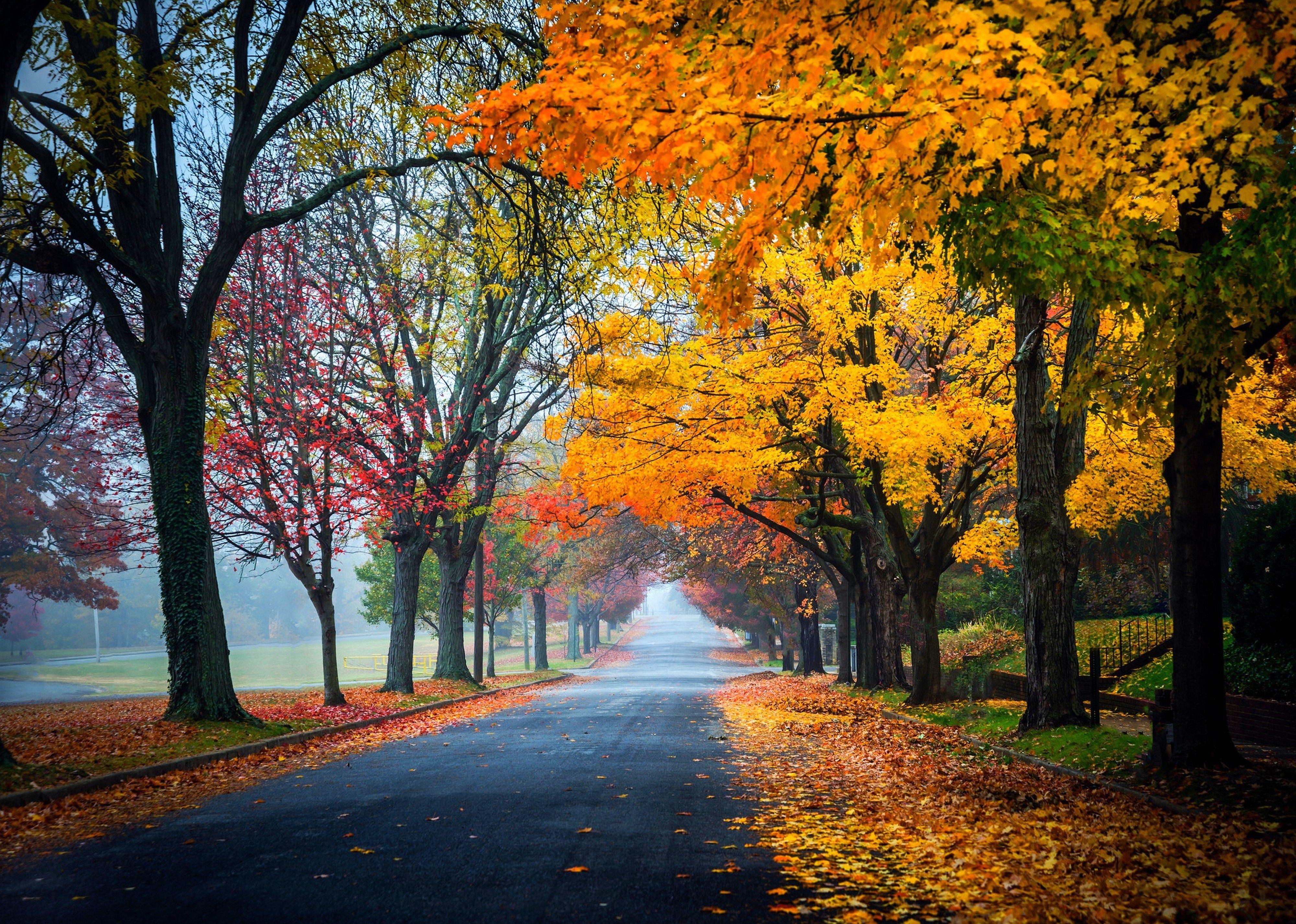Sometimes, a phrase comes along that just makes you think, doesn't it? The idea of something being able to "fall inside" a place or a feeling is, well, it's quite something. It brings to mind images of things becoming contained, held within a boundary, or perhaps even a deep, personal space. This simple pairing of words carries a lot of weight, a sense of belonging or being held. It is, in a way, a very simple concept that can mean so much.
You see, this expression, "fall inside," is a perfectly good part of the English language. It gets used often to talk about something that has found its place within a particular area. Or, perhaps, it describes something that has become a part of something else, like a feeling settling into your heart. It’s about being held, contained, or perhaps finding a spot within a defined space. It's really quite versatile, in some respects.
Consider how a single word or a short phrase can open up so many different thoughts. "Fall inside" can refer to a physical act, like a coin dropping into a box. But it can also speak to something less tangible, like a memory coming to rest within your thoughts. It suggests a kind of settling, a coming to rest within limits. It's a phrase that, you know, has a certain quiet strength to it.
- Scooby Doo Mystery Cases
- Images Drew Barrymore
- Wardrobe Malfunction On Tv
- What Movie Ofmission Imposible Is Rebbeca Fugersion In
- Overcurl Mascara
Table of Contents
- What Does it Mean to Fall Inside?
- The Season of Fall - When Things Fall Inside Nature
- Is There a Difference in How We Say Fall or Autumn?
- How Do Feelings Fall Inside Us?
- Who are the People Behind the Stories that Fall Inside Us?
- Grace Caroline Currey - A Person Whose Work Can Fall Inside Your Mind
- Virginia Gardner - Another Person Whose Work Can Fall Inside Your Mind
- Mason Gooding and Jeffrey Dean Morgan - Other People Whose Work Can Fall Inside Your Mind
What Does it Mean to Fall Inside?
The words "fall inside" carry a specific meaning, you know, about being held within something. When something "falls inside," it typically means it has gone into a particular spot. Think of a small object dropping into a container. It is then contained there. This idea of being contained is central to the expression. It describes a kind of entry, a coming to rest within a boundary. So, it's pretty clear what it refers to in a physical sense.
This phrasing also comes up when we talk about things that are, in a way, held within a certain area. It's about enclosure, about something being surrounded. A good example might be rain that "falls inside" a bucket left out in the garden. The water collects and stays within the bucket's shape. This shows the idea of something being held, more or less, by its surroundings.
The idea extends beyond just physical objects, too. When we say something "falls into" a category, it is, in a sense, "falling inside" that group. It becomes a part of that collection of items or ideas. This suggests a kind of belonging, a place where something fits. It's a simple way to talk about inclusion, basically.
A close relation to "fall inside" is the phrase "fall into." These two expressions often mean something very similar. "Fall into" often means to enter something, to become a part of it. For instance, if you "fall into" a habit, that habit becomes a part of your daily life. It's a way of saying something becomes contained within your routine, or your being.
The core meaning of the word "fall" itself is about moving downwards because of gravity. Think of an apple dropping from a tree. That's a classic example of something falling. This basic sense of descent is what gives "fall inside" its initial visual. It's about something moving from outside to inside, usually with a downward motion.
However, when you add "inside," the focus shifts a bit. It's not just about going down, but about entering a confined space. This subtle addition changes the meaning from just a simple drop to a placement within limits. It's about where something lands, and that it stays there, you know, contained.
So, when you hear or read "fall inside," picture something being placed or settling within a specific area. It suggests a kind of containment, a being held within a boundary. This can be a physical boundary or even a conceptual one. It's a very straightforward way to describe something becoming a part of its surroundings.
The Season of Fall - When Things Fall Inside Nature
The season we call "fall" is a special time of year, isn't it? It comes after summer and before winter. During this time, many things in nature seem to "fall inside" a new phase. For example, leaves change their color and then drop from the trees. These leaves then often fall inside the boundaries of the forest floor, becoming part of the rich soil.
This season lasts for a few months. In places north of the equator, it generally runs from September to December. South of the equator, it happens from March to June. It's a period when the warmth of summer starts to fade, and the chill of winter begins to approach. The air gets a bit crisper, too it's almost a different feeling in the air.
One of the most noticeable things about this time is how fruits and crops finish their growing cycle. They reach their full size and are ready for gathering. This means the life energy of the plant, in a way, falls inside the fruit, making it ready for harvest. It's a time of abundance, before the quiet of winter.
The temperatures during fall slowly get lower. This change from summer warmth to winter cold happens mostly in parts of the world that are not near the equator. In places closer to the equator, the temperatures usually stay about the same all year long. So, the experience of fall weather is, you know, a bit different depending on where you are on the planet.
The changing colors of the leaves are a big part of what makes fall so beautiful. Greens turn to reds, oranges, and yellows. These vibrant hues are a signal that the plants are preparing for a period of rest. It's a kind of natural transition, where the landscape itself seems to transform.
There's a sense of change that comes with fall. It's a time when things shift, when nature prepares for a colder time. This feeling of transition can also, in a way, fall inside us, making us think about changes in our own lives. It's a season that encourages reflection, a slowing down after the busy summer months.
Is There a Difference in How We Say Fall or Autumn?
It's interesting how we have two words for the same season, isn't it? Both "fall" and "autumn" are perfectly correct ways to talk about the time of year that comes before winter. They both describe the same period of changing leaves and cooler air. Yet, there's a slight difference in how they are typically used.
"Autumn" is the word you'll hear more often if you're in a place like Great Britain. It's the common choice there for referring to this season. So, if you're watching a British show or reading a book from that part of the world, you'll likely see "autumn" pop up a lot. It's just the usual way they say it, you know.
On the other hand, "fall" is the word that people in America use more often. If you're listening to someone from the United States talk about the season, they'll probably say "fall." It's become the more frequent term in American English. So, in a way, the choice of word can tell you a little bit about where the speaker comes from.
Even though they are used in different places, these words often get swapped out for each other. People understand what you mean whether you say "fall" or "autumn." It's like having two different names for the same thing, and both are accepted. This shows how language can have variations without losing its meaning.
But, did you know that originally, these two words had slightly different ideas behind them? While they now describe the same season, their first meanings were not exactly the same. "Fall" probably came from the idea of leaves "falling" from trees. "Autumn" has older roots, pointing to the season itself. So, in some respects, their origins are a bit distinct.
Despite their different histories, both words now point to the season of cooler weather, changing colors, and a sense of natural transition. They both capture the feeling of this time of year, when the world prepares for winter. It's pretty neat how language evolves, isn't it?
How Do Feelings Fall Inside Us?
Sometimes, feelings can really "fall inside" us, can't they? The song lyric "tonight I'm so alone this sorrow takes ahold don't leave me" speaks to a deep sense of sadness. This kind of sorrow, when it takes hold, feels like it settles deep within a person. It's not just on the surface; it becomes a part of one's inner experience.
When a feeling "takes ahold," it means it has a strong grip. It feels like it has come to rest within your being, influencing your thoughts and actions. This is a very personal kind of "fall inside." It describes an emotion that has found a place within your heart or mind. It's a very real experience, for instance.
The plea "don't leave me" from the song shows a desire for comfort and companionship when such a feeling has taken root. It highlights how heavy these inner experiences can be. When sorrow "falls inside," it can make a person feel vulnerable and in need of support. It's a powerful way to describe a deep emotional state.
This idea of feelings "falling inside" us is a way to talk about how emotions become contained within our personal space. They aren't just passing thoughts; they become a part of our inner landscape. It’s a very human experience, this idea of emotions settling in.
Just like leaves fall and settle on the ground, sometimes feelings descend and settle within our hearts. They become a part of who we are, at least for a time. This connection between the physical act of falling and the emotional experience is quite profound. It helps us understand complex inner states.
So, when we talk about sorrow or other emotions "falling inside," we are speaking to how these feelings become contained within our inner world. They take up residence, influencing our perspective and our needs. It's a way of describing the deep impact that emotions can have.
Who are the People Behind the Stories that Fall Inside Us?
Stories, whether they are in books or on screen, often have a way of making an impact, don't they? They can, in a way, "fall inside" our memories and stay with us for a long time. Films, especially, rely on the people who bring the characters to life. The actors are the ones who make these stories feel real.
The text mentions a film that features several people who play roles in it. These individuals help shape the experience for anyone watching. Their performances are what allow the story to really connect with the audience, making it feel like it "falls inside" their thoughts. It's a pretty big job, actually.
The people named are Grace Caroline Currey, Virginia Gardner, Mason Gooding, and Jeffrey Dean Morgan. Each of these people brings their own unique qualities to the characters they play. Their work helps to create the atmosphere and the feeling of the story. They are the ones who help the narrative take hold.
When you watch a film, the actors' portrayals can really draw you in. They make the characters feel like real people, with real emotions and experiences. This is how a story can truly "fall inside" your own personal space, becoming something you think about long after the credits roll. It's a testament to their skill.
These individuals are part of the creative effort that allows stories to come to life. Their contributions are essential for the film to have its intended effect. They are the faces and voices that deliver the tale, making it something that can resonate deeply.
Grace Caroline Currey - A Person Whose Work Can Fall Inside Your Mind
Grace Caroline Currey is one of the people mentioned as being in the film. She is an actor, and her work helps bring stories to life on screen. When an actor performs well, their portrayal of a character can truly "fall inside" the audience's mind, making a lasting impression.
Actors like Grace Caroline Currey spend time understanding their roles. They work to show the feelings and thoughts of the characters they play. This effort allows the audience to connect with the story on a deeper level. It helps the narrative become something memorable.
Her presence in a film means she is part of the team that builds the world of the story. She contributes to the overall feeling and message the film wants to share. Her performance helps to make the story feel real, which allows it to settle into the viewer's experience.
When a character feels real, their struggles and triumphs can resonate with people. This is how an actor's work can truly "fall inside" someone's personal understanding. It creates a connection that goes beyond just watching a movie.
Grace Caroline Currey, like other actors, helps to create those moments where you forget you're watching a film. You become lost in the story, and the characters feel like people you know. This kind of connection is what makes cinema so powerful.
Personal Details and Background for Grace Caroline Currey
| Occupation | Actor |
| Known For | Roles in films |
| Contribution | Bringing characters to life, helping stories resonate with audiences |
| Impact | Aiding narratives to "fall inside" viewers' thoughts and memories |
Virginia Gardner - Another Person Whose Work Can Fall Inside Your Mind
Virginia Gardner is another actor who is part of the film mentioned. Her involvement means she helps shape the characters and the plot. An actor's ability to embody a role is what allows the story to truly "fall inside" the hearts and minds of those watching.
Actors like Virginia Gardner work to create believable portrayals. They try to show the different sides of their characters, making them feel like real individuals. This helps the audience to feel a connection, making the story more impactful. It's a very important part of filmmaking, you know.
Her acting helps to build the world of the film. She contributes to the emotional tone and the flow of the narrative. This effort helps the audience to become fully involved in the story, allowing it to take root in their thoughts.
When a performance is strong, it can make the story feel very personal. This is how an actor's work can truly "fall inside" the viewer's own experiences. It creates a bridge between the screen and the individual.
Virginia Gardner, through her work, helps to create those moments where the film stays with you. It becomes more than just entertainment; it becomes something that you think about and feel. This is the enduring effect of good acting.
Personal Details and Background for Virginia Gardner
| Occupation | Actor |
| Known For | Roles in films |
| Contribution | Embodying characters, shaping plot and emotional tone |
| Impact | Helping narratives to "fall inside" viewers' emotions and thoughts |
Mason Gooding and Jeffrey Dean Morgan - Other People Whose Work Can Fall Inside Your Mind
The film also includes Mason Gooding and Jeffrey Dean Morgan. These two actors, like their co-stars, play a part in bringing the story to life. Their performances are key to how the film's message and feeling can "fall inside" the audience's overall experience.
Mason Gooding's contribution to the film helps to build the ensemble. Each actor brings a different energy and perspective to the story. This blend of talents is what makes a film feel complete and engaging. He helps to fill out the world of the story, you know.
Jeffrey Dean Morgan, with his presence, adds another layer to the film's character set. Actors with varied experiences can really add depth to a story. Their portrayals help to create a rich and believable setting for the narrative. His work helps the story truly resonate.
When all the actors work together, they create a cohesive world that draws the viewer in. This collective effort is what allows the story to truly "fall inside" the viewer's imagination. It becomes a shared experience, even though it's happening on a screen.
Their roles, whatever they may be, contribute to the overall impact of the film. They help to make the characters feel real and their situations believable. This is how a film, through its actors, can leave a lasting mark.
Personal Details and Background for Mason Gooding
| Occupation | Actor |
| Known For | Roles in films |
| Contribution | Adding to the ensemble cast, bringing unique energy to characters |
| Impact | Aiding the story to "fall inside" the viewer's imaginative space |
Personal Details and Background for Jeffrey Dean Morgan
| Occupation | Actor |
| Known For | Roles in films |
| Contribution | Adding depth and experience to the character set |
| Impact | Helping the narrative to "fall inside" the audience's sense of reality |


